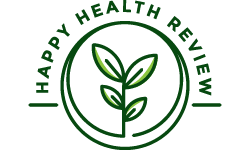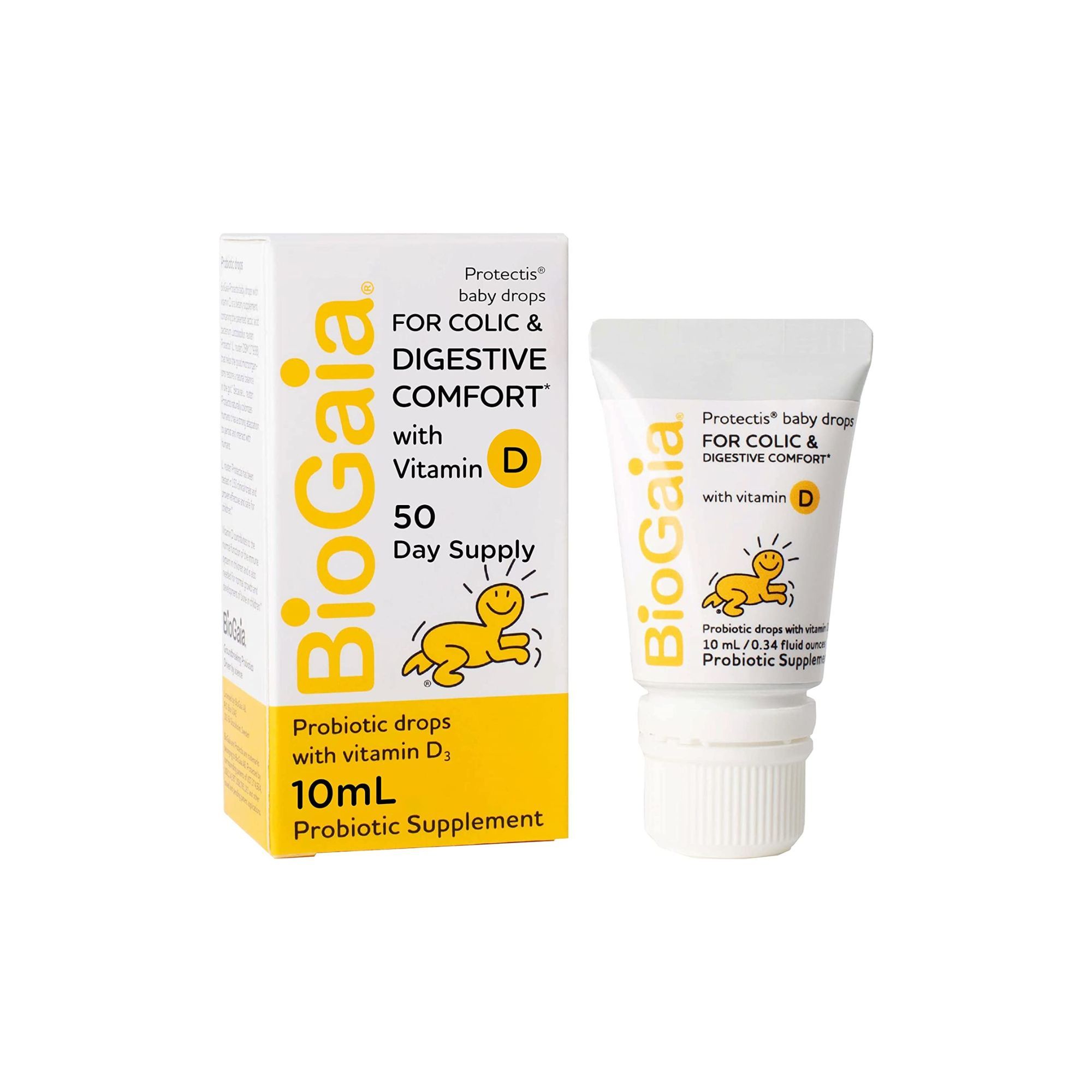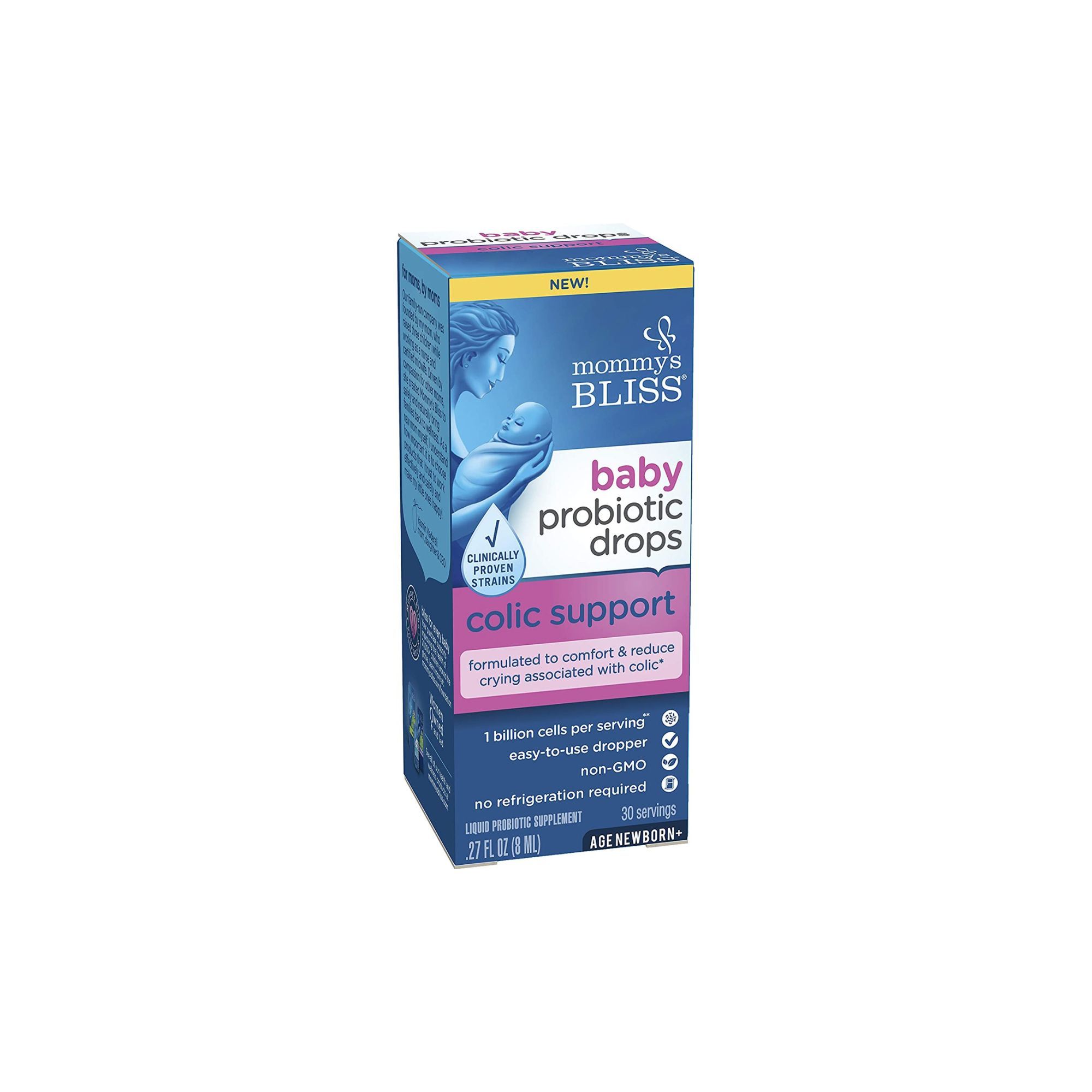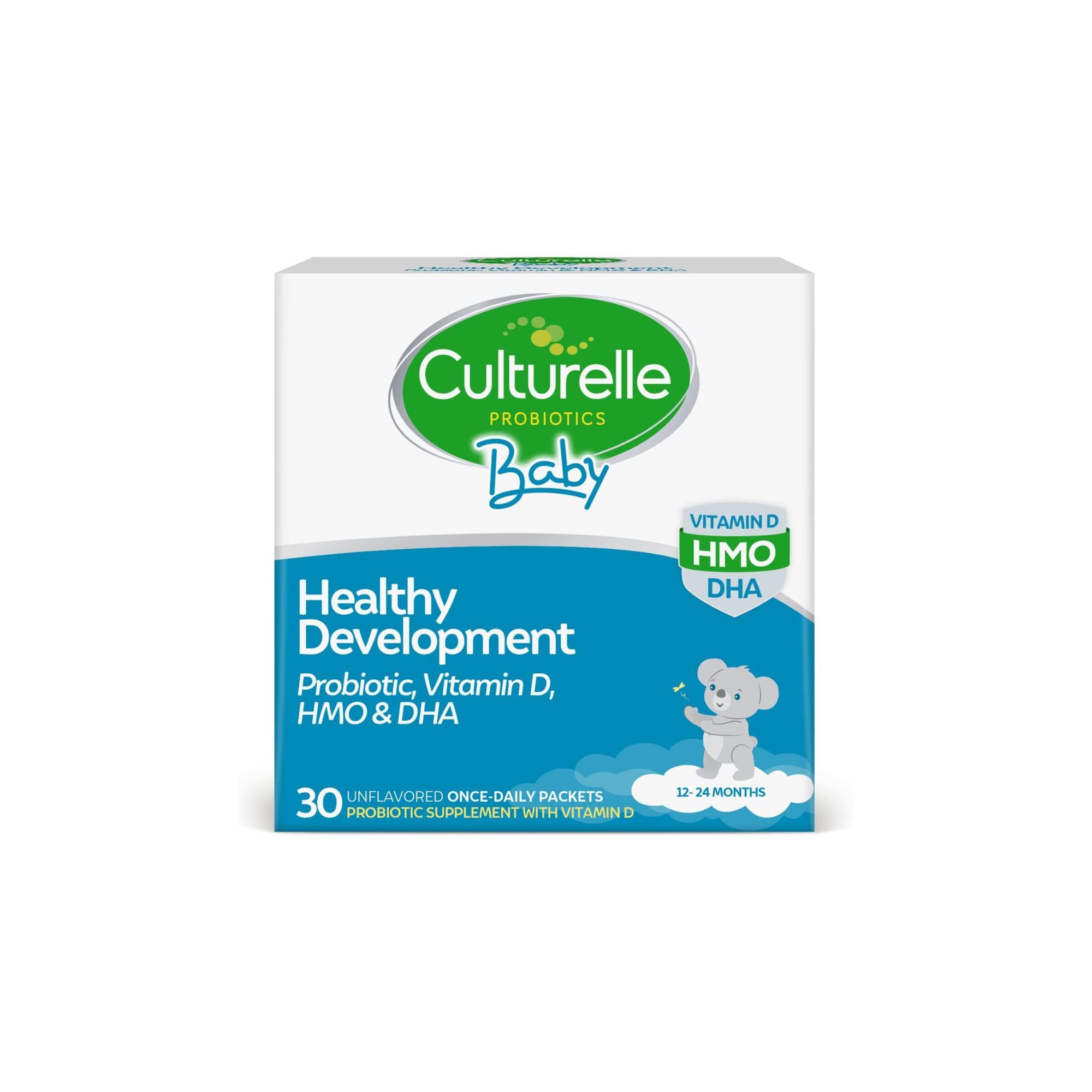Supercharge Your Baby's Gut Health with the Best Probiotics!
Colic is a common issue for babies, and it can make life hard for parents. Here's our lists of probiotics that are the best for colic support.
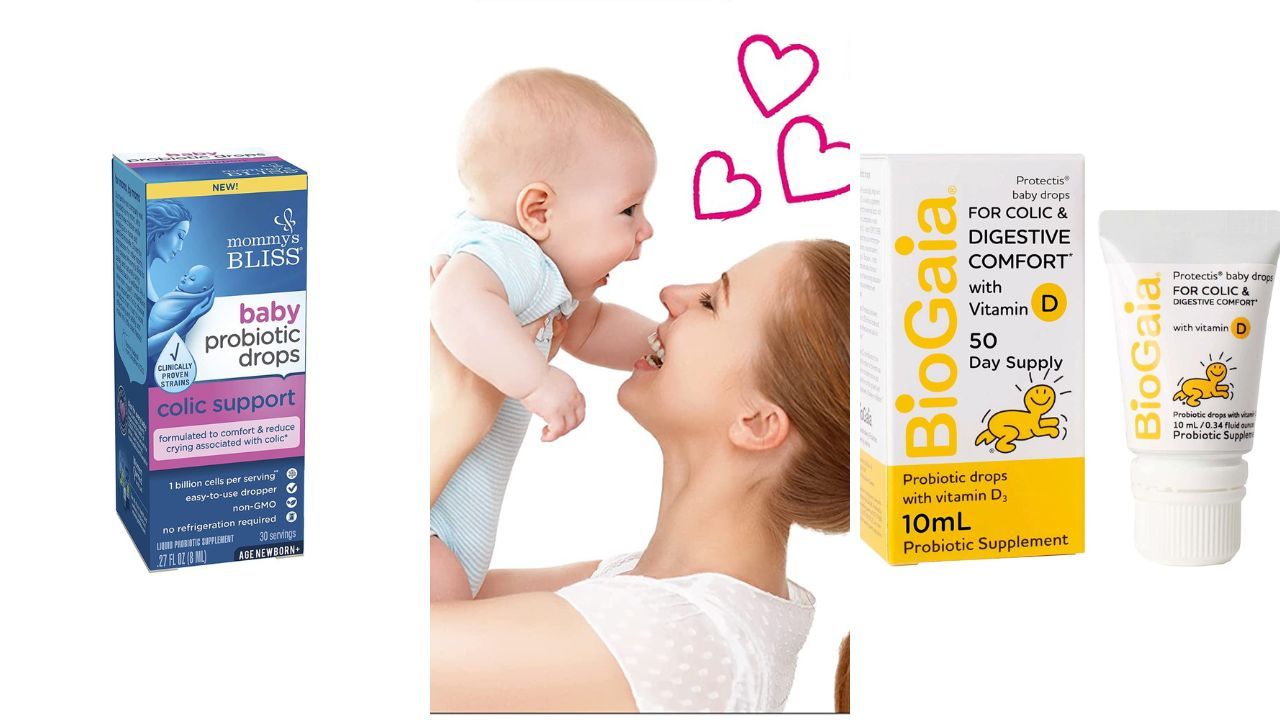
Baby probiotics are an important part of a baby's health and development. They help to promote a healthy gut, support digestion, and build a strong immune system. Best baby probiotics are a great way to give your little one the benefits of probiotics without any of the risks. They are formulated to provide the perfect balance of beneficial bacteria, designed specifically for the needs of babies. With the right probiotic formula, your baby can benefit from improved digestion, better immunity, and overall better health.
If your baby is dealing with digestive issues like colic, gas, or diarrhea, probiotics might be the answer! Probiotic products are great because they not only help with digestion but also support overall well-being.
Probiotics are beneficial bacteria that live in the intestine for digestive health and to help support the immune system. Adding probiotics as a dietary supplement to your baby’s diet helps keep good bacteria inside their gut to fight off any infection. The goal is to create a large army of healthy bacteria to boost the immune systems and prevent the growth of harmful bacteria in the intestines. Here's our top picks of the best baby probiotics.
We independently research, review and recommend what we think are the best products that meet your needs. If you buy a product through one of our retail links, we may earn a small affiliate commission at no cost to you.
BioGaia probiotic with vitamin D3, is an oral probiotic supplement that contains probiotic strains of bacteria, Lactobacillus Reuteri Protectis. This is the same type of strain found in breast milk, which may encourage the development of good bacteria in a baby's digestive system.
These probiotics have been clinically tested to help reduce crying time in colic babies in 1 week, ease regurgitations, constipation, diarrhea, and decrease spit-up frequency. They also have been shown to promote a healthy digestive system.
Is your baby's colic causing sleepless nights? Mommy's Bliss Probiotic Drops probiotic blend are scientifically proven to reduce crying time, support digestive health and immunity, so your little one can rest easy. Powered by 1 Billion CFU of a proven probiotic blend, it's the perfect solution for colic-prone babies!
Mommy’s Bliss Probiotic Drops contain the probiotic strain L. Rhamnosus GG, which is a very common probiotic. These drops only contain one billion colony-forming units (CFU) per serving. The manufacturer claims that their special microcapsule technology helps keep microbes alive, and they've even added vitamin D to the mix to give babies an extra boost of healthy gut and bone development.
Culturelle Baby Growth probiotic powder for babies contains 3.5 billion colony-forming units of 2 probiotic strains; Lactobacillus rhamnosus GG (LGG), and Bifidobacterium animalis subspecies lactis (BB-12).
Get your baby's health off to the right start with Culturelle Baby! Our probiotic, vitamin D, and HMO & DHA packets are specifically designed to help promote healthy immune and digestive systems in babies and kids ages 1+. Simply mix the powder into the baby’s bottle, and baby food.
Health Benefit of Baby Probiotics
Babies don't come into the world with a fully developed gut microbiome, but luckily, that's what probiotics are here for! These live microbes help to promote good gut health, which can lead to better digestion, stronger immunity and even improved cognitive function.
Babies need the right balanced of good and bad bacteria to ensure they grow up healthy and strong! They get most of their microbiome while coming down the birth canal, but it the breast milk that helps keep it in balance.
Babies born in a C-section have different gut composition than babies born naturally. It seems that the longer babies stay in the hospital after birth, the less healthy bacteria they have.
Probiotic supplementation is essential for newborns, to build a robust gut health and wellbeing. Don't forget, breastmilk is still the best thing mom can give her baby! Eating probiotic food is great, but for the most effective results, probiotic supplement is your best bet if you want to boost your digestive health.
If you're looking for probiotics, Lactobacilli and Bifidobacteria are your go-to options. You can get them in supplement form or just eat yogurt and other fermented products. Probiotics for babies come with a mix of 3 types of bacteria: Lactobacillus Rhamnosus, Bifidobacterium Lactis and; Lactobacillus infantis.
How to Choose the Best Baby Probiotics
We looked for probiotic strains that contained Lactobacillus and Bifidobacterium. These are the 2 most common bacteria strains used in probiotics. Make sure it’s dairy-free and has no additional ingredients.
What Does Research Show?
Probiotic supplements have been gaining traction lately as potential solutions for digestive issues and eczema. Even the American Academy of Pediatrics (AAP) has conducted studies that suggest probiotics may be effective for treating acute viruses in the gut and preventing diarrheal diseases caused by antibiotics.
Research is still being conducted to determine the efficacy of probiotics for conditions such as IBS, inflammatory bowel disease, eczema and infantile colic. But so far, the results are promising that probiotics can help reduce food allergies!
Colicky babies and their parents might benefit from the use of probiotics to soothe them. Recent research suggests that certain strands of probiotics, such as Lactobacillus Reuteri, could ease crying or fussiness and reduce their colic symptoms.
Probiotics may be able to help treat eczema. A keto diet may even reduce eczema and allergies in breastfeeding mothers. Prebiotic consumption during pregnancy and infancy can also do wonders for eczema-sufferers!
Why Give Your Baby Probiotic?
The gut of a baby inside the womb is sterile but soon after birth, bacteria enter their digestive system from vaginal birth, and breast milk. This good bacteria is vital for proper digestion, nutrient absorption and overall health!
Unhealthy foods, illnesses, and medications like antibiotics can affect the healthy development of babies' guts. Adding probiotics to your baby’s diet helps keep good bacteria in their digestive tract to fight off infections.
Probiotics are perfect for C-section babies and those who takes antibiotics or not breastfed. These factors may disrupt your baby’s microbiome, which can negatively impact his/her long-term health.
Clinical research has indicated that probiotics might be able to help with introducing good bacteria, reducing the risk of diarrhea from antibiotics, calming baby colic, reflux and alleviate constipation. It can also help lower the risk of children allergies and soothe eczema symptoms.
Can Probiotic for Babies Help with Colic?
Recent studies have found that probiotics can help soothe gastrointestinal discomfort and reduce crying. Different probiotic strains can have different effects - L. reuteri strain have been found effective.
Can Baby Probiotics Help with Acid Reflux?
Gastroesophageal reflux (GER) is a common digestive problem that affects nearly half of babies between 2 and 4 months old. But don't worry - as your baby grows older, the reflux problems will become less frequent.
When babies have too much 'regurgitation and heartburn', it can cause a lot of distress and can lead to serious health issues such as 'failure to thrive' and more.
Probiotics and their effectiveness for treating infant acid reflux is still a relatively new concept. But, based on data from small studies, it's worth a shot to give baby probiotic as they may help reduce gut-related symtoms. Finding the right probiotic for the condition you want to treat is the key to adding probiotics.
When to Start Giving Probiotics to Baby?
Studies suggest that for healthy infants, probiotics are generally safe to use. Probiotics should not usually be given to premature babies, children with cancer, congenital heart defects, or an impaired immune system, unless under close supervision by the doctor.
Start giving your baby a probiotics supplement right after birth. This will give them a head start to develop a strong gut microbiome and an effective immune system until they turn 3 years old!
Frequently Asked Questions:
When should my baby take a probiotic?
If your baby's digestive system needs a little boost, probiotics might be the answer. While there is no one-size-fits-all answer to this question, many parents are turning to probiotics to help their little ones with everything from constipation to colic.
Can newborns have probiotics?
Probiotics are beneficial for babies as they help fortify their immune system. Bifidobacterium, Lactobacillus, Streptococcus, and Sacharomyces boulardii are some of the probiotic that can do wonders for infants! Talk to your pediatrician before taking any probiotics, especially if your child has a weakened immune system or cancer.
Do probiotics cause gastric distress?
Not necessarily — in actuality, the reverse may be the case. Studies show that giving them to children can result in better digestive health and can help reduce regurgitation and constipation.
What type of probiotic is available?
Probiotic supplements for babies are available in powder and liquid form, which can be added to foods or can be given orally through baby bottle. You can also give them directly through breastfeeding.
Do doctors recommend probiotics for babies?
Babies come into the world with a sterile digestive tract that's at risk of causing discomfort. As they grow older, babies develop bacteria that help them build a barrier in the GI tract, restore intestinal flora, strengthen their immune systems, and prevent infections.
Should I give probiotics to my baby?
Research shows that probiotic supplements are safe and well-tolerated in normal, healthy infants. Premature infants, very low birthweight babies, and people infected with HIV have shown good tolerance. Probiotics are also considered safe to use during pregnancy.
Only 1% of the bacteria are actually bad for you – the rest are beneficial bacteria that can help keep you healthy! Probiotics ensure that we have enough friendly bacteria in our systems and a healthy balance between the two to function the way they're supposed to.
